
Job seekers scan QR codes to learn more about employers at a recruitment event in Haikou, Hainan province, on Tuesday. Job fairs have been organized across the country. Following Spring Festival is a popular time for finding jobs. (ZHANG MAO/FOR CHINA DAILY)
Government aims to provide safety net for college graduates, vulnerable groups
China has pledged more efforts to rein in unemployment among young people this year and ease inflation, in a broader move by central authorities to strengthen social safety nets for the vulnerable.
The announcement was made at the annual Central Economic Work Conference held in Beijing in mid-December.
The meeting listed the stabilization of economic growth, employment and consumer prices as the top priorities this year, according to the meeting's readout released by the Xinhua News Agency on Dec 16.
Among the meeting's many resolutions, officials agreed that social policies this year should focus on protecting people's "baseline necessities", said Xinhua, in reference to people's basic needs for employment, food and housing, among others.
Local authorities were encouraged to roll out "concrete and detailed" employment policies and offer more support to college graduates entering the job market.
They were also asked to make plans that suit local conditions to meet young people's housing needs and support the rental housing market, Xinhua said.
Younger workers were among the worst hit as Omicron-fueled outbreaks swept across China in recent months.
Experts, such as Zeng Xiangquan, director of the China Institute for Employment Research at Renmin University of China, told the media that college graduates are among those bearing the brunt because "downward economic pressure" usually prompts employers to reduce new recruits before considering cutting existing jobs.
Data from the National Bureau of Statistics showed that the jobless rate among workers aged between 16 and 24 in urban areas reached 16 percent in March, and peaked in July at 19.9 percent.
The number was 17.1 percent in November, down 0.8 of a percentage point from October. That is about three times the overall unemployment rate and much higher than the joblessness for rural migrants (6 percent), who mostly work in construction, wholesale and retail sectors, the bureau said.
Ministry of Education figures showed that 10.76 million students are graduating this summer, up 1.67 million year-on-year. Experts say their influx into the job market is likely to again push up the jobless rate among younger people.
In recent months, employment authorities have organized job fairs on campuses and rolled out training to hone job interview skills.
They have also pledged to train 2 million graduates who wish to start their own businesses by 2024.
In an interview with People's Daily, NBS spokesman Fu Linghui said China's economic growth remains on a positive trajectory.
"As policies keep being rolled out to optimize pandemic control and stabilize the economy, the economy is bound to recover and create more jobs," Fu said.
Macroeconomics experts and institutes have projected China's growth rate to be above 5 percent this year, which is expected to ease the strain on the job market.
The meeting also singled out less well-off groups for emphasis.
Xinhua said local authorities were asked to put in place policies in a "timely and effective" manner to mitigate the impact of the "structural increase" in consumer prices, and do everything within their power to prevent vulnerable rural residents from sliding back into poverty.
Basic needs must be met for those affected by natural disasters and the COVID-19 pandemic, as well as vulnerable groups such as the elderly and those with disabilities, Xinhua said.
Officials attending the meeting called for more efforts to protect the labor rights of those working in the gig economy, such as delivery drivers; increase rural healthcare investment; and offer support to couples planning to expand their families.












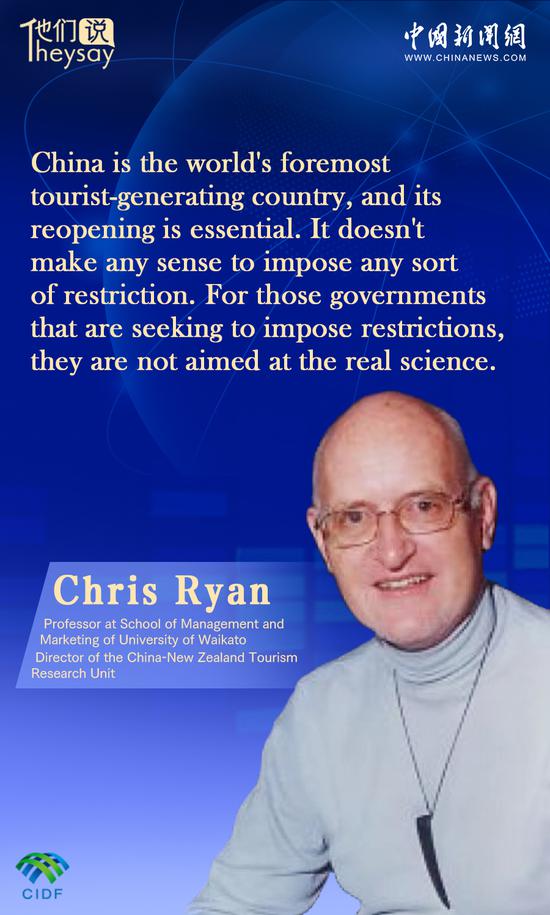




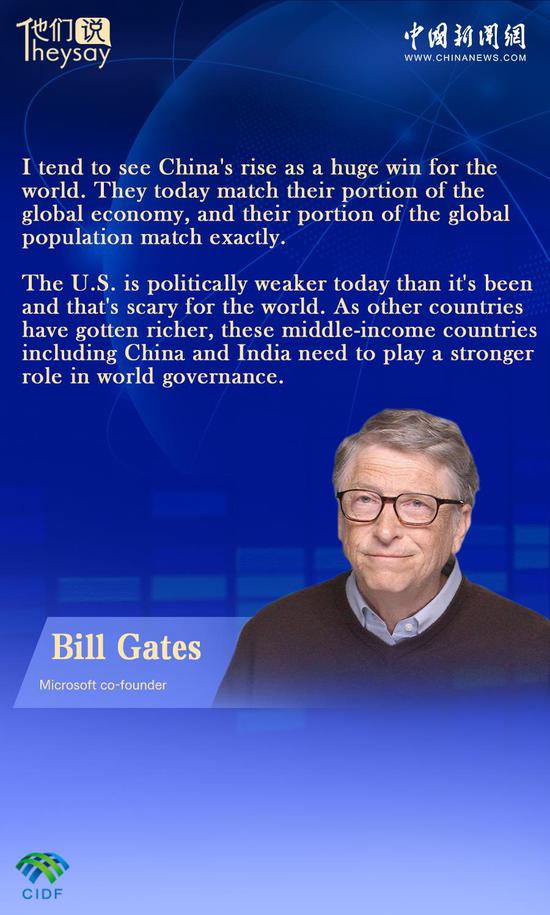



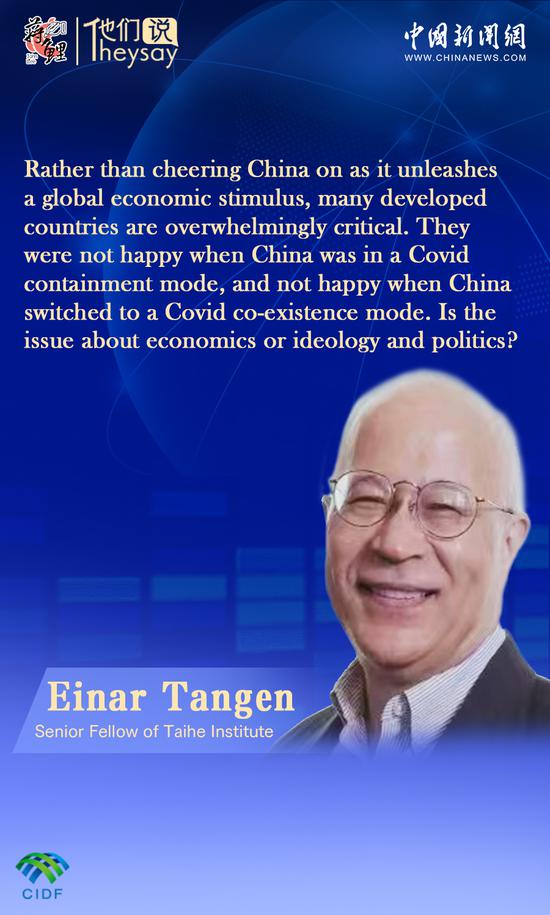



















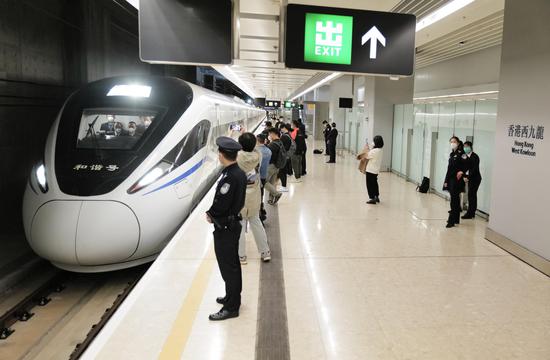






 京公网安备 11010202009201号
京公网安备 11010202009201号